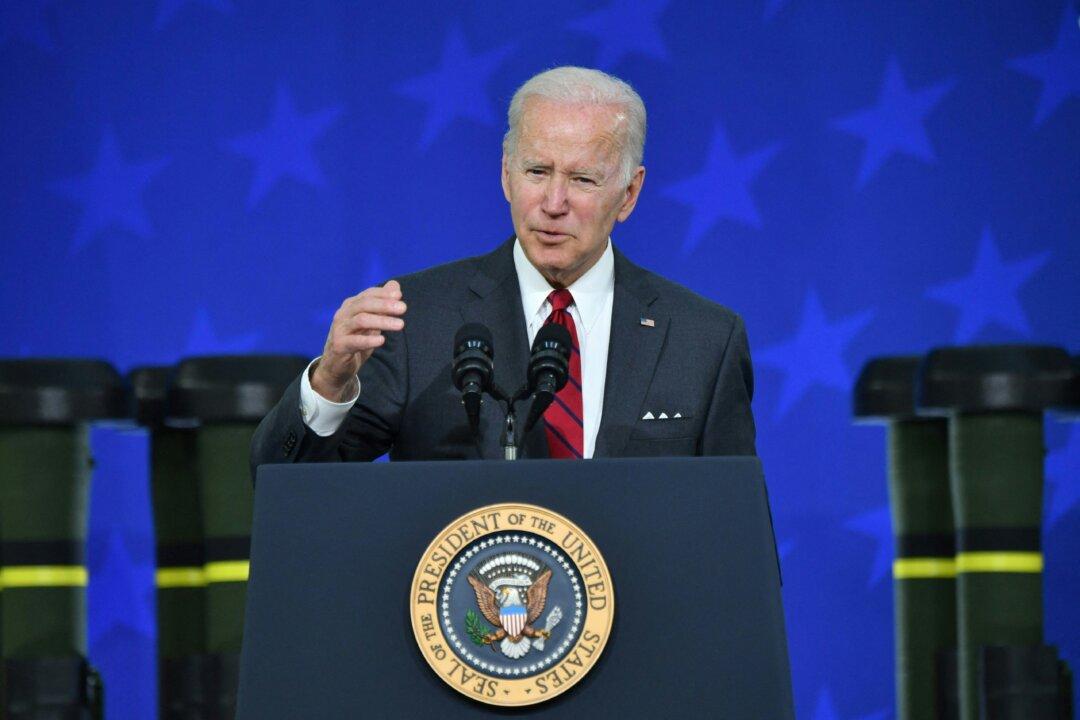The United States, the European Union, and Group of Seven (G-7) allies on May 8 agreed to impose fresh sanctions against Russia, including penalizing state-controlled media, barring Western management consulting services in Russia, and tightening export controls.
The sanctions came a day before Russia’s Victory Day, which celebrates the defeat of Nazi Germany during World War II.





